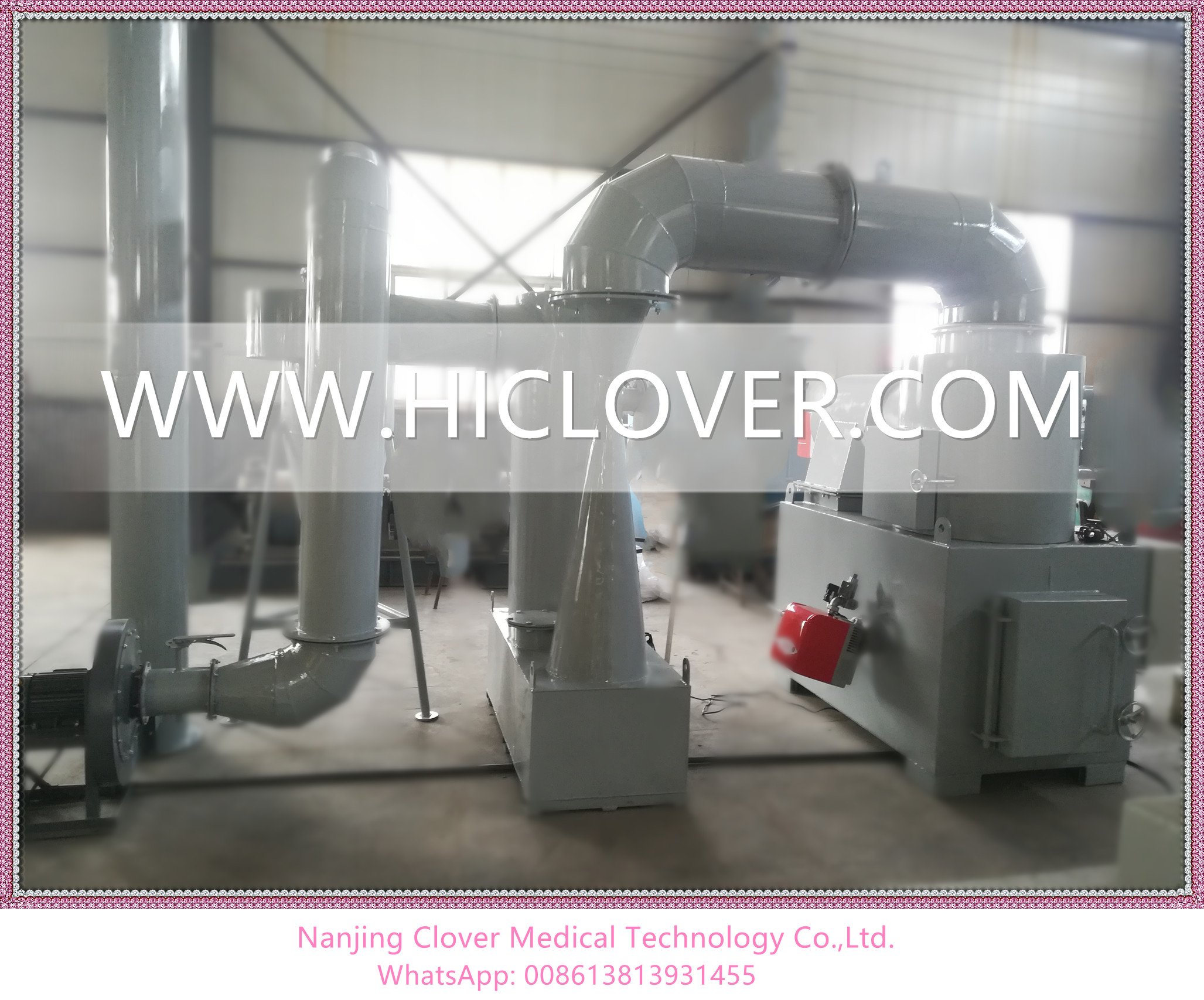The Importance of Proper Biohazard Waste Disposal: Protecting Public Health and the Environment
Biohazard waste, also known as biomedical waste, is any waste that contains infectious materials or potentially harmful substances, such as blood, bodily fluids, used needles, or other medical waste. Improper disposal of biohazard waste can pose serious risks to public health and the environment. That’s why it’s crucial to understand the importance of proper biohazard waste disposal and to take the necessary steps to ensure that it is carried out appropriately.
One of the primary reasons for proper biohazard waste disposal is to protect public health. When biohazard waste is not appropriately managed, it can lead to the spread of infectious diseases and pose a serious risk to human health. For example, if used needles and other sharp objects are not disposed of properly, they can cause injury and potentially transmit diseases such as HIV and hepatitis to individuals who come into contact with them. By disposing of biohazard waste in a safe and secure manner, we can help prevent the spread of infectious diseases and protect the well-being of the public.
In addition to protecting public health, proper biohazard waste disposal is also essential for safeguarding the environment. When biohazard waste is not managed correctly, it can contaminate soil, water, and air, leading to a range of environmental issues. For instance, if medical waste is dumped in landfills or disposed of in bodies of water, it can release harmful substances and pollutants that can harm wildlife and ecosystems. By disposing of biohazard waste in a responsible manner, we can help minimize the environmental impact of these hazardous materials and preserve the natural world for future generations.
Furthermore, proper biohazard waste disposal is necessary to comply with regulations and legal requirements. Many countries have specific guidelines and regulations in place that govern the disposal of biohazard waste, and it is essential for healthcare facilities, laboratories, and other institutions that produce such waste to adhere to these regulations. Failure to comply with these regulations can result in fines, legal action, and damage to the reputation of the organization. By ensuring proper biohazard waste disposal, organizations can avoid these potential consequences and demonstrate their commitment to environmental stewardship and public health.
To achieve proper biohazard waste disposal, it is crucial for organizations and individuals to utilize appropriate waste management techniques and disposal methods. This may involve segregating biohazard waste from other types of waste, using specialized containers and packaging for biohazard waste, and working with licensed disposal companies that have the expertise and equipment to handle these materials safely. Additionally, training and education on proper waste disposal practices are essential for all individuals who generate biohazard waste, ensuring that they are aware of and capable of adhering to the relevant guidelines and regulations.
In conclusion, proper biohazard waste disposal is vital for protecting public health and the environment. By managing these hazardous materials responsibly, we can prevent the spread of infectious diseases, minimize environmental contamination, and comply with legal requirements. It is essential for all organizations and individuals who produce biohazard waste to prioritize this aspect of waste management and to take the necessary steps to ensure that it is disposed of properly. By doing so, we can help create a safer and healthier world for everyone.



